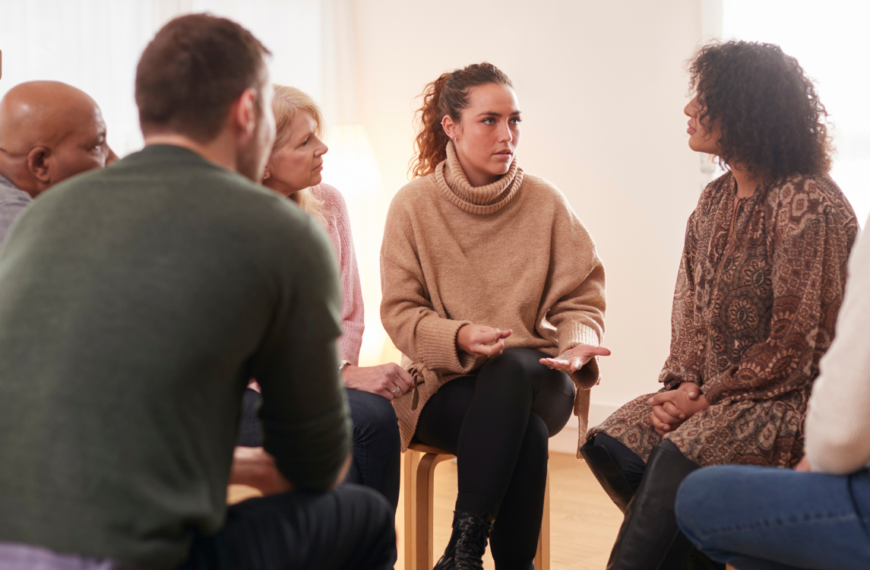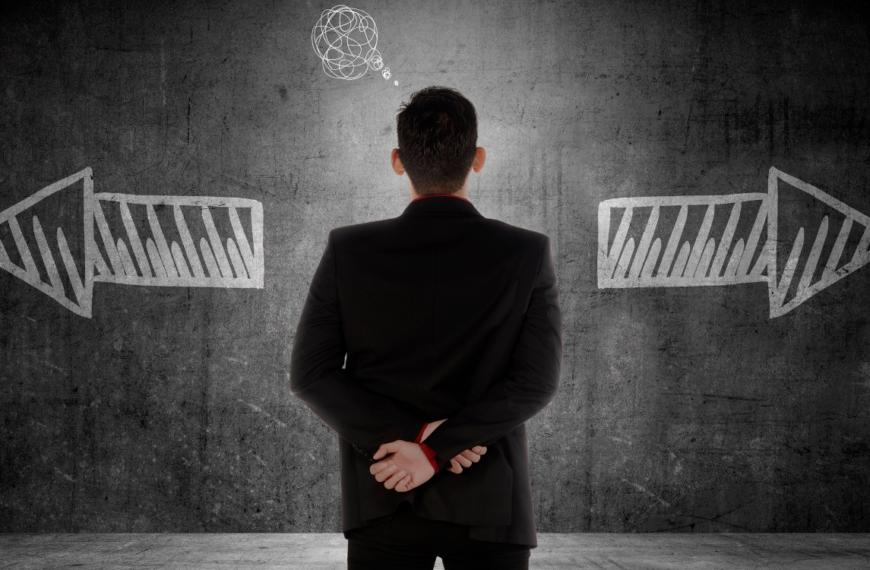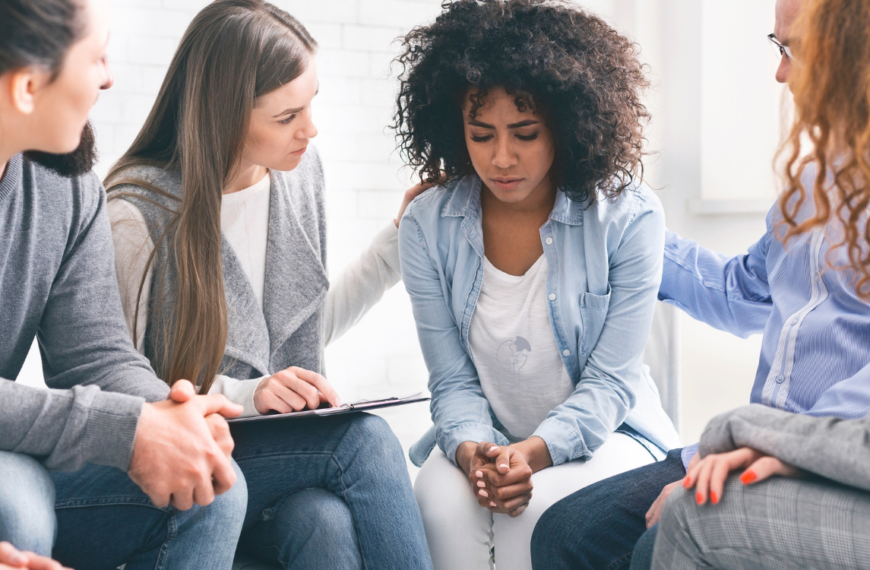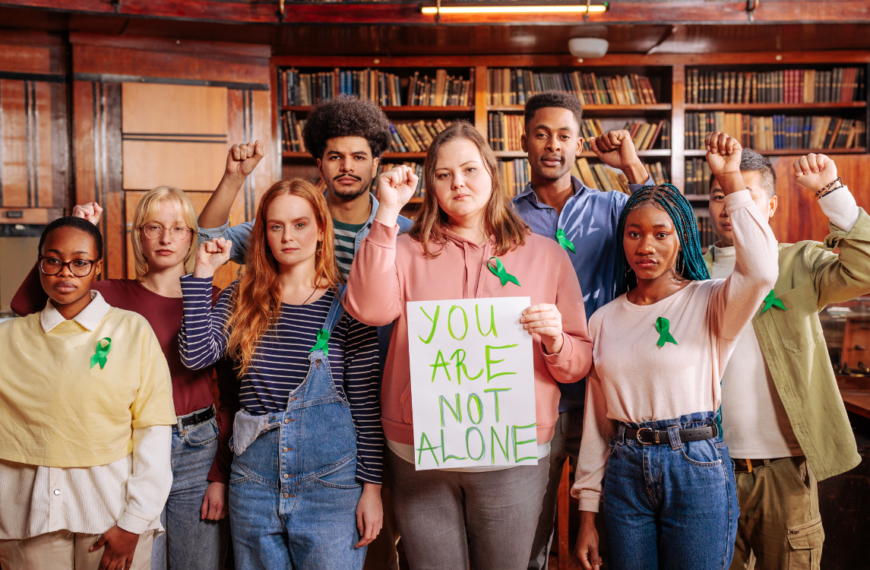In recent years, social media has become a powerful platform for communication, connection, and information sharing. While it has revolutionized the way we interact with one another, its influence on mental health awareness and education is particularly noteworthy. This blog post explores the dual impact of social media on mental health: as a tool for raising awareness and education, as well as the potential risks associated with its use.
The Positive Impact of Social Media on Mental Health Awareness
- Increased Visibility of Mental Health Issues:
Social media platforms have given a voice to those who may not have felt comfortable discussing mental health in traditional settings. Personal stories, shared experiences, and advocacy campaigns have significantly increased the visibility of mental health issues, helping to reduce stigma. - Access to Information:
With a wealth of resources available online, social media serves as a valuable source of information about mental health conditions, treatment options, and coping strategies. Educational organizations, mental health professionals, and advocates regularly share articles, infographics, and videos that make mental health topics more accessible to a wider audience. - Community Building:
Social media creates opportunities for individuals to connect with others who share similar experiences. Online support groups and communities can provide a sense of belonging and understanding, helping individuals feel less isolated in their struggles. These spaces foster peer support and encourage open conversations about mental health. - Awareness Campaigns:
Social media is an effective tool for organizing awareness campaigns and events. Initiatives like Mental Health Awareness Month and World Mental Health Day gain traction through social media, prompting conversations and encouraging individuals to prioritize their mental health. - Influencer Advocacy:
Influencers and public figures have used their platforms to speak candidly about mental health. By sharing their struggles and promoting mental health resources, they help normalize conversations around mental health and inspire others to seek help.
The Risks of Social Media on Mental Health
- Comparison Culture:
While social media can promote positive messages, it can also contribute to negative self-perception. The curated lives presented by others can lead to feelings of inadequacy, anxiety, and depression. Users may find themselves comparing their own lives to the seemingly perfect lives of others, leading to a distorted sense of reality. - Cyberbullying:
The anonymity of the internet can sometimes lead to negative interactions, such as cyberbullying. Victims of online harassment may experience severe emotional distress, exacerbating mental health issues and creating additional barriers to seeking help. - Information Overload:
The sheer volume of information available on social media can be overwhelming. Misinformation and unverified content may lead to confusion and anxiety about mental health issues, making it difficult for individuals to discern credible sources. - Addiction and Dependency:
Excessive use of social media can lead to dependency, negatively impacting mental health. This compulsive behavior can interfere with daily activities, relationships, and self-care, contributing to increased feelings of anxiety and depression. - Reduced Face-to-Face Interactions:
While social media facilitates online connections, it can also diminish in-person interactions. Overreliance on digital communication may lead to social isolation, which is detrimental to mental health.
Finding Balance: Using Social Media Mindfully
To harness the positive aspects of social media while mitigating its risks, it’s essential to approach its use mindfully. Here are some tips for achieving balance:
- Curate Your Feed:
Follow accounts that promote positive mental health messages and provide accurate information. Unfollow or mute accounts that evoke negative feelings or contribute to comparison. - Limit Screen Time:
Set boundaries on how much time you spend on social media each day. Use apps to monitor your usage and establish tech-free periods. - Engage Positively:
Participate in supportive online communities and discussions that focus on mental health. Share your own experiences and encourage others. - Seek Professional Guidance:
Use social media as a supplementary resource, but prioritize seeking help from qualified mental health professionals for serious concerns. Remember that online information is not a substitute for professional advice. - Promote Awareness:
Share credible mental health resources and support initiatives with your followers. Advocate for mental health education and awareness, using your platform to uplift others.
Conclusion
Social media has the potential to be a powerful ally in promoting mental health awareness and education. By increasing visibility, providing valuable resources, and fostering community connections, it can play a crucial role in breaking the stigma surrounding mental health. However, it is vital to be aware of its risks and to use it mindfully. By finding a balance between engaging with social media and prioritizing mental well-being, individuals can contribute positively to the conversation around mental health while protecting their emotional health. Embrace the power of social media as a tool for awareness, education, and connection, and remember that your mental health matters.


















